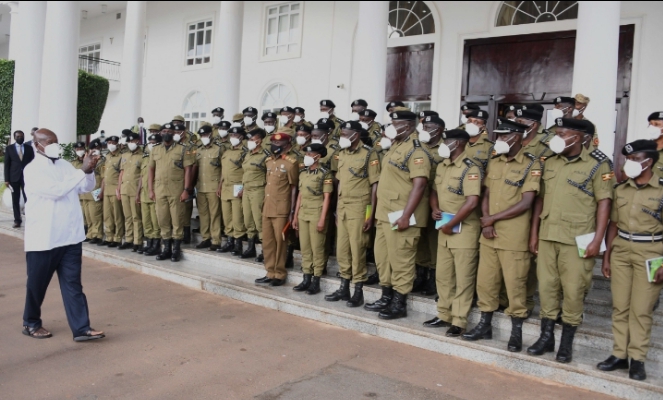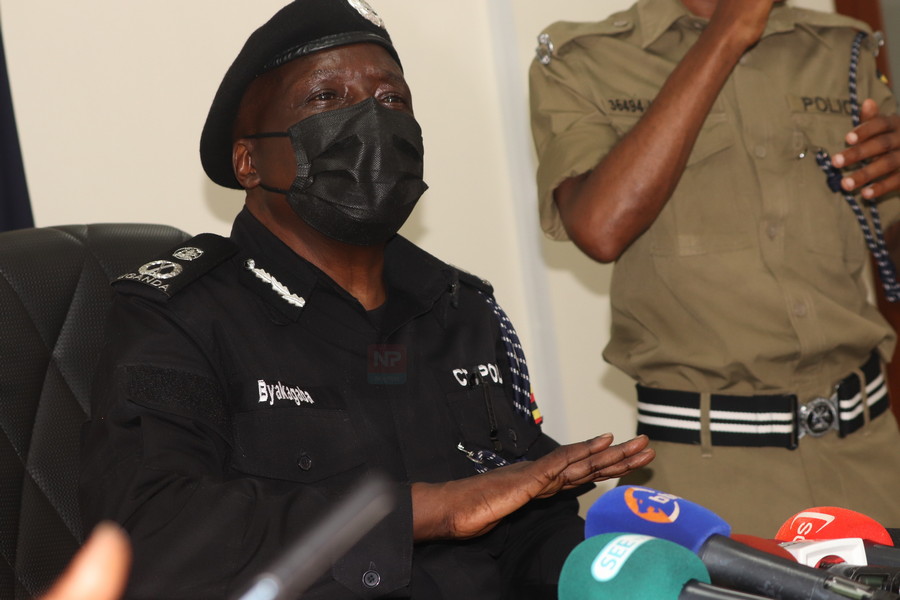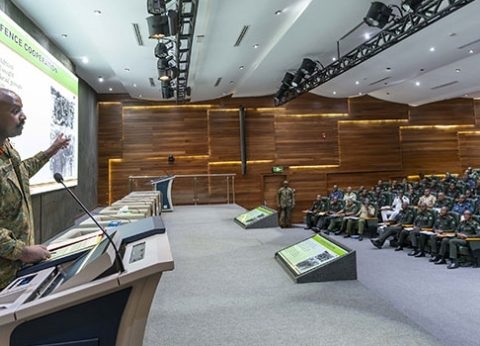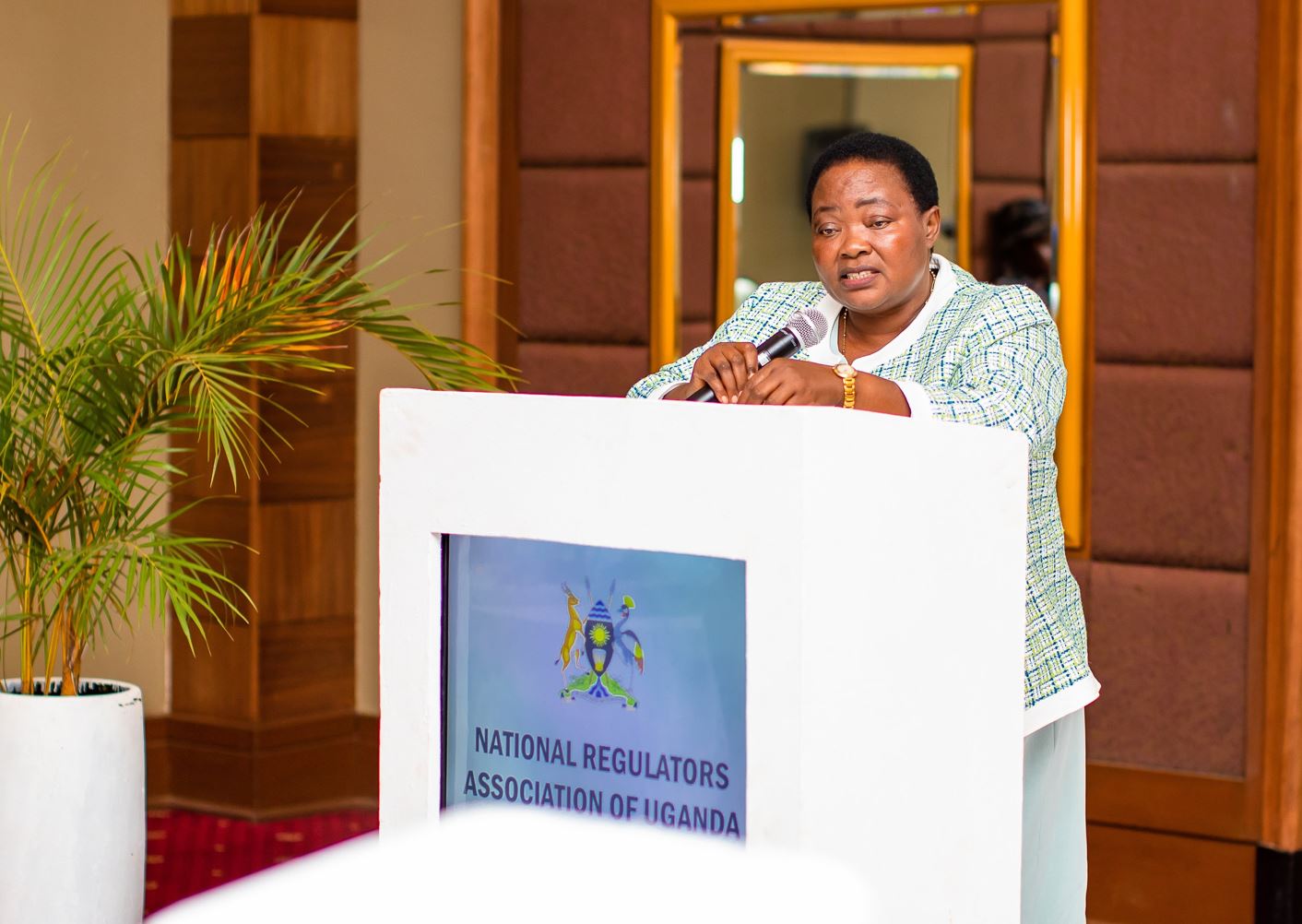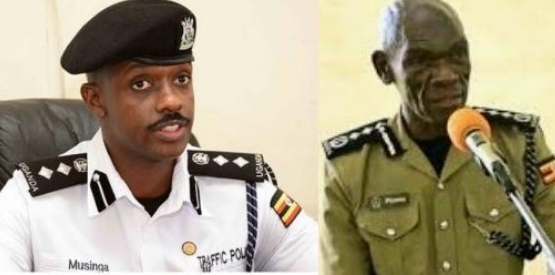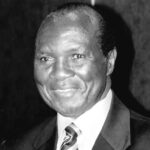The Uganda Police Force has tabled a budget proposal of Sh2.5 trillion for the upcoming fiscal year, citing the need to strengthen security ahead of the 2026 general elections. During a meeting with Prime Minister Robinah Nabbanja, Police Undersecretary Aggrey Wunyi emphasized that the funds would also facilitate the rollout of the sub-county policing model as directed by President Yoweri Museveni.
President Museveni has urged police to decentralize their personnel, shifting focus from urban centers to rural sub-counties. This move, he argues, will enhance security for farmers and rural communities who have suffered increasing thefts of agricultural produce and livestock due to inadequate police presence.
Inspector General of Police (IGP) Abas Byakagaba, who launched the sub-county policing model six weeks ago, has acknowledged challenges in implementation. One major issue is the redistribution of personnel, which has left Greater Kampala, a high-crime area, with only half of its usual 13,000 officers.
To effectively implement the sub-county policing strategy, Wunyi explained that at least 10,000 additional police officers need to be recruited at an estimated cost of Sh43 billion. Given that Uganda has over 2,184 sub-counties, town councils, and municipalities, each requiring a police post, Byakagaba has proposed deploying at least 18 officers per sub-county. This would increase the force by 39,300 personnel.
Currently, the Uganda Police Force comprises approximately 49,000 officers, covering general duty, counter-terrorism, maritime, environmental, traffic, field operations, and specialized investigative units. However, many senior officers and those in administrative roles may not be reassigned to sub-counties, necessitating fresh recruitment.
Apart from personnel, Byakagaba highlighted the need to improve police infrastructure. Housing for officers stationed in sub-counties is projected to cost Sh849 billion, as police accommodation has been described as inadequate by various organizations. An additional Sh72 billion is earmarked for constructing police offices, including a new headquarters in Naguru, Kampala, as well as regional and district command centers.
To enhance mobility and response times, Sh480 billion has been allocated for procuring police vehicles, while another Sh40 billion is planned for purchasing motorcycles to facilitate patrols in rural areas. Wunyi also outlined budget allocations for fuel (Sh100 billion), modern communication systems (Sh77 billion), and officer salaries (nearly Sh500 billion).
Prime Minister Nabbanja has suggested that some costs could be minimized if local communities donate land and building materials to support police operations. She emphasized that ensuring effective policing should be a shared responsibility between the government and citizens.
Despite the police force’s justification for the massive budget, it remains uncertain whether Parliament will approve the full amount. Previous Inspector Generals of Police, including Martin Ochola, also requested funding in the trillions but were never granted the full amounts.
President Museveni, during a recent police council meeting, cautioned against heavy spending on new recruits and housing, arguing that resources should instead be channeled into technology and intelligence-based policing. He pointed to past successes, such as the swift end to the Masaka machete killings in 2021, as proof that crime can be tackled effectively through smart security measures rather than sheer numbers.
With the 2026 elections drawing closer, the debate over police funding is expected to intensify, as security remains a top priority for both the government and the public. Whether the force will secure its requested budget or be forced to scale down its ambitions remains to be seen.
![]()

